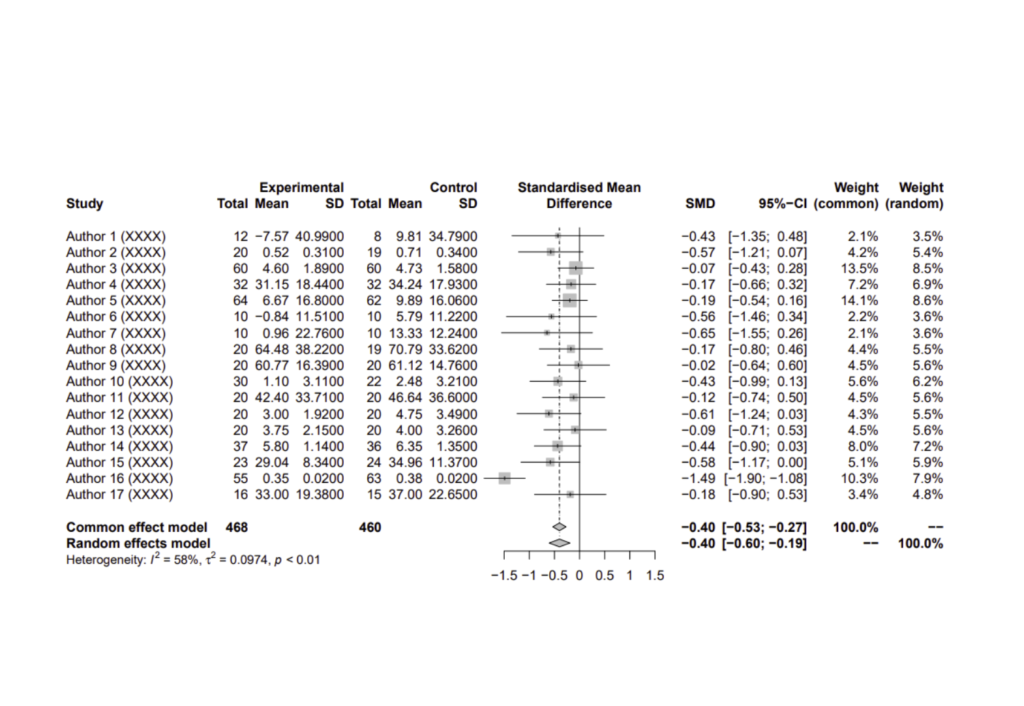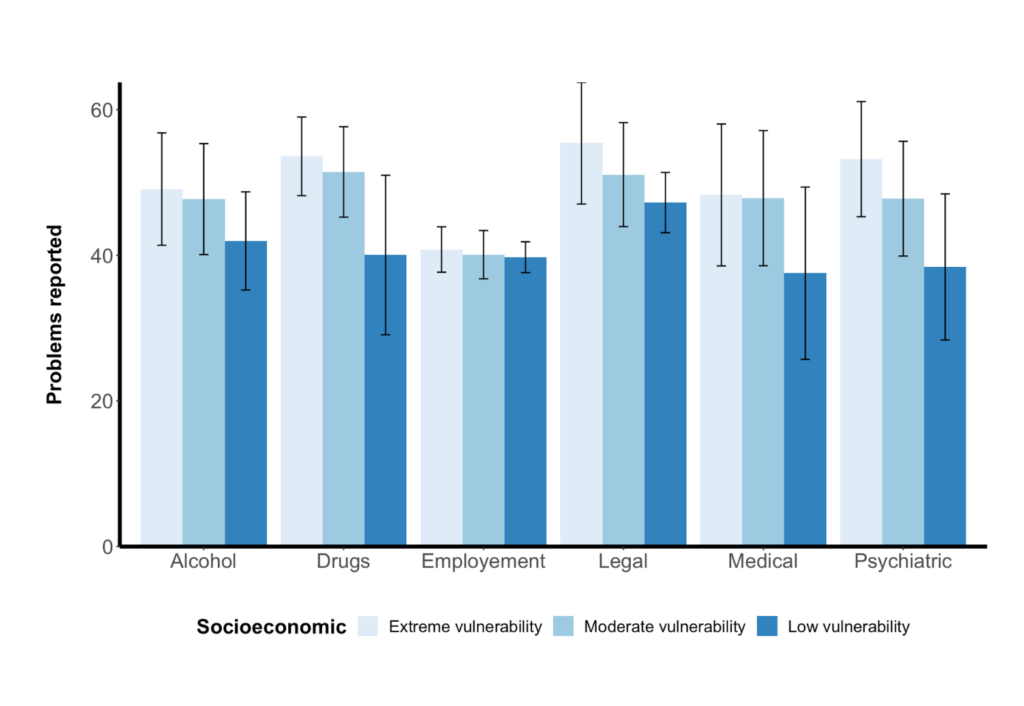Pioneers in providing mentoring and data analysis services
for behavioral and mental health sciences
How can we help you?
Our mission is to offer expert statistical support to professionals and researchers working in behavioral sciences, mental health, and related fields. We provide comprehensive assistance with quantitative data analysis, leveraging our extensive experience and cutting-edge statistical tools to help you gain deeper insights and make more informed decisions based on your data. Our team is dedicated to delivering efficient and reliable services, tailored to your specific needs and goals. Let us help you unlock the full potential of your data and achieve your objectives with confidence.
Our services
Below, we have provided brief descriptions of the services we offer:
Data cleaning and preparation
This involves ensuring that your data is accurate, complete, and formatted in a way that can be analyzed. This step is essential to ensure that your data is high quality and can be used effectively in your analysis.
Descriptive data analysis
This involves summarizing and describing your data using statistical measures such as mean, median, mode, and standard deviation. Descriptive analysis helps you to understand the basic characteristics of your data and identify any patterns or trends.
Inferential data analysis
This involves using statistical techniques to make inferences about a larger population based on a sample of your data. The inferential analysis allows you to draw conclusions about your data and make predictions about future outcomes.
Predictive data analysis
This involves using data analysis models to predict future outcomes based on past data. Predictive analysis is useful for identifying trends and making informed decisions about future actions. This includes both the use of inferential statistical tools and also data-driven approaches such as machine learning.
Systematic reviews
This involves conducting a comprehensive review of existing literature on a particular topic to identify key findings, trends, and knowledge gaps. Systematic reviews are often used to inform policy decisions or to guide future research.
Meta-analysis
This involves combining the results of multiple studies to identify overall trends or effects. Meta-analysis can help to increase the statistical power of your analysis and provide a more comprehensive understanding of a particular topic.
Data visualization
This involves presenting your data in a visual format such as charts, graphs, or maps. Data visualization can help to make complex data more accessible and understandable to a wider audience.
Survey tool development
This involves the development of a personalized online survey in platforms such as Qualtrics or LimeSurvey, associated with your research question.
Consulting and training
This involves providing guidance and support to individuals or organizations on how to use data effectively in their work. Consulting and training can help to improve data literacy and build capacity for data-driven decision-making.

Network analysis
Regularised Partial Correlation Network. This plot represents the strengths and directions of partial correlations between variables after controlling for the effects of all other variables in the network. The thickness of the edges reflects the strength and the color of the edges represents the direction of the correlation (green edges indicate positive correlations and red edges indicate negative correlations).

Multiple linear regression
Scatter and density plots. This plot depicts a positive linear association between social interaction and self-esteem for the group exposed to a hypothetical condition and a negative linear association for the group not exposed to the hypothetical condition.

Meta-analysis
Forest plot. This plot represents the standardized mean difference of the effect sizes of a possible intervention of 17 studies, indicating that the intervention successfully decreased the main outcome.

Analysis of variance
Bar plot. Bar plot. This plot represents a comparison between three groups regarding a hypothetical questionnaire with six possible outcomes. The bars represent the average of each score and their respective standard errors.




Our Customers
Who can benefit?
Academic institutions
Research centers and universities often collect large and complex data sets from studies, surveys, and clinical trials. These data sets require sophisticated data analysis techniques to extract meaningful insights and make evidence-based conclusions. We can help these organizations to clean and preprocess their data, choose the right statistical tests and methods, and interpret the results.
Healthcare Providers
Hospitals, clinics, and mental health practices can benefit from data analysis services in several ways. For instance, we can assist healthcare providers to improve patient satisfaction and retention, reduce costs, identify high-risk patients, predict treatment outcomes, and optimize treatment plans.
Government agencies
Government agencies often face complex and multifaceted challenges that require evidence-based approaches that help them to took the best decisions. Our services can help these agencies to develop policies and strategies that are grounded in data, allocate resources to where they are needed the most, and evaluate the impact of their programs and initiatives.
Pharmaceutical companies
Pharmaceutical companies that develop drugs and therapies require extensive data analysis services to conduct clinical trials, analyze the results, and obtain regulatory approvals. We can assist these companies in optimizing their product offerings, testing and improving patient safety and efficacy, and gaining competitive advantages over their rivals.
Non-profit organizations
Non-profit organizations often operate on tight budgets and need to demonstrate the impact of their programs and services to attract funding and support. We can help these organizations to evaluate the effectiveness of their programs, identify the most pressing needs of the communities they serve, and measure their outcomes against their goals.
Academic researchers
(Principal Investigators; Ph.D. Students; Master Students, B.A.): Independent researchers often require specialized data analysis skills and tools to conduct their studies and visualize their results. We can assist these researchers in overcoming technical challenges, obtaining meaningful insights from their data, and publishing their findings in high-impact journals.
"Amazing Designs and Quality Work!"

CEOs

Bruno Kluwe Schiavon, M.S., Ph.D
Psychologist with vast experience in data analysis, mental health, and decision-making who has been working in collaboration with researchers from many countries including Brazil, Mexico, Denmark, Switzerland, Portugal, the United States of America, Germany, Australia, and others. He is a reviewer for several scientific journals and has already supervised students in Brazil and abroad and has more than 30 peer-reviewed articles, 8 book chapters, and 1 book, totaling more than 600 citations (Google Scholar, h12).
- ORCID: 0000-0002-6529-8667
- Google Scholar: LH9EAAAAJ

Thiago Wendt Viola, M.S., Ph.D
Well-experienced expert in the fields of mental health, psychobiology, and neuroscience. He does various types of data analysis and is a supervisor in Ph.D. programs, master’s, clinical research studies, meta-analysis, and corporate analytics. Has published more than 70 peer-reviewed studies with a wide variety of statistical and data analysis approaches in mental health.
- ORCID: 0000-0001-5446-1695
- Google Scholar: fQ2h1fAAAAAJ
Would you like to start a project with us?
Tell us what you have in mind to advance in your work.
Privacy policy
We take your privacy and the security of your data very seriously. Specifically about your data, we will sign a confidentiality agreement term and a contract with you before we begin work on your project. We will not disclose your data or project details to any third party without your consent. Hence, we are committed to ensuring that your information is secure with us. However, please note that no data transmission over the Internet is completely secure, and we cannot guarantee the security of your data during transmission. Our services are available worldwide, and our privacy policy applies to all users, regardless of location. We may update our privacy policy from time to time, so please check this page periodically to ensure that you are happy with any changes. If you have any questions or concerns about our privacy policy or how we use your information, please contact us at logosdatascience@gmail.com.